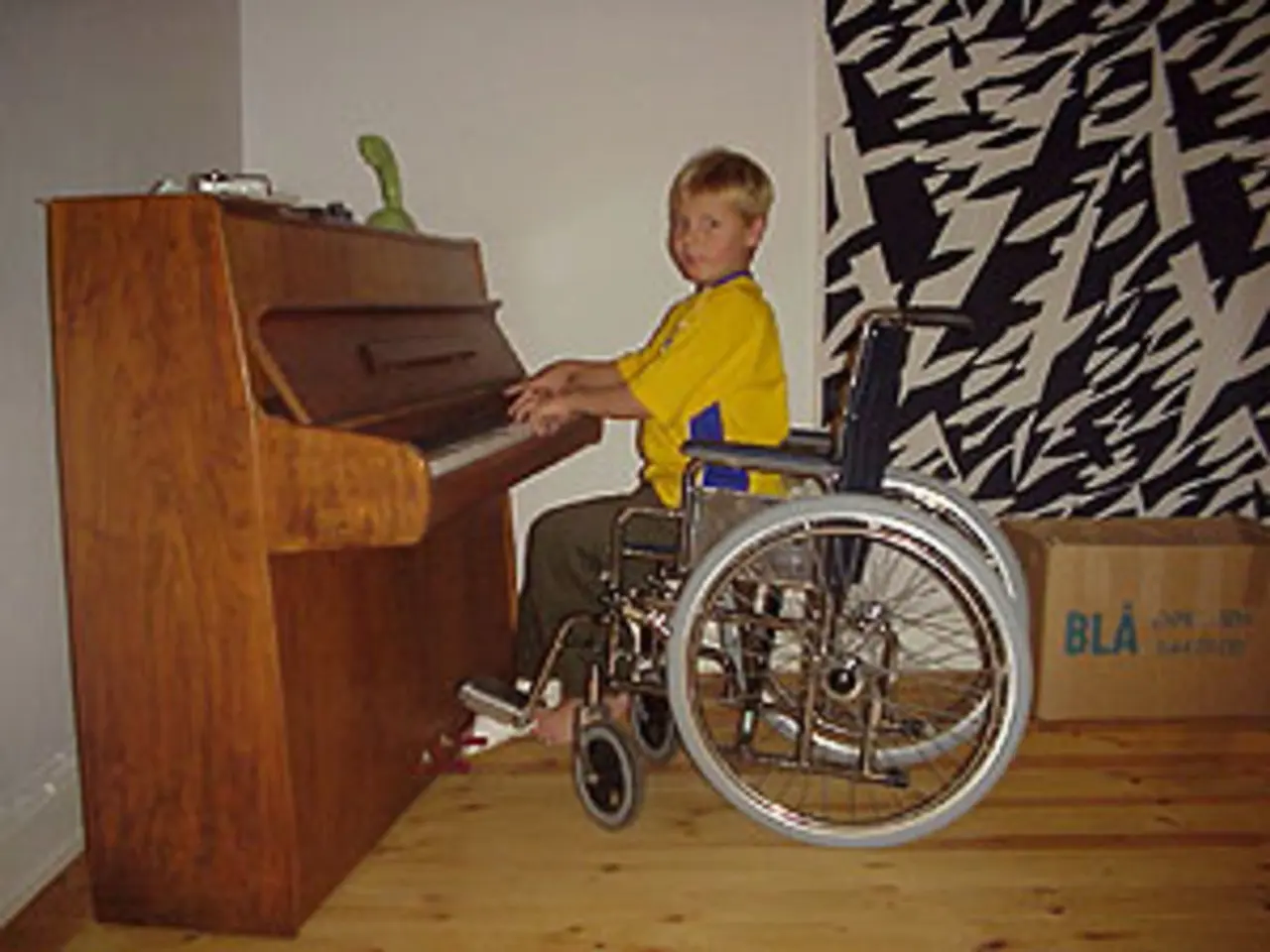Adult Autism Symptoms, Identification, and Diagnosis
In the realm of neurodevelopmental disorders, Autism Spectrum Disorder (ASD) is often associated with children, but its presence can extend well into adulthood. Symptoms in adults may be subtler and often overlooked, leading to missed or delayed diagnoses.
One of the key areas where challenges arise for autistic adults is social interaction and communication. Difficulty reading facial expressions, tone of voice, or unspoken social cues is common, as is a preference for one-on-one conversations over group interactions. Many adults may feel socially exhausted or drained after even brief interactions, and may struggle with fast-paced group conversations or interruptions.
Another characteristic of autistic adults is a strong need for routine and resistance to change. A deep attachment to daily routines and rituals, discomfort or distress caused by sudden changes or unpredictability, and difficulty switching between tasks or adapting to new situations are all common. This reliance on structure may be misinterpreted as stubbornness or a preference for order.
Sensory sensitivities are also prevalent in autistic adults. Overwhelm or discomfort can be caused by bright lights, loud noises, strong smells, or certain textures, leading many to avoid crowded or noisy environments due to sensory overload. These sensitivities may be misattributed to anxiety or sensory processing issues without a link to autism.
Masking and coping strategies are another aspect of autism in adulthood. Many adults learn to "mask" or camouflage their autistic traits by mimicking social behaviours, suppressing natural behaviours such as stimming (repetitive movements), and hiding behind these coping mechanisms. This can complicate diagnosis, as symptoms may be hidden.
Autism in adults can be confused with or overshadowed by anxiety, depression, or other mental health disorders, particularly in women and girls who may present differently, with intense but socially acceptable interests and better masking, leading to later diagnosis.
If a person suspects they or a loved one might be autistic, they can do a self-assessment test for adults. If no underlying physical condition can explain the symptoms, the doctor may refer the person to a psychiatrist or psychologist to make an ASD diagnosis. The gold standard diagnostic assessment tool is ADOS-2.
It may be difficult to find a specialist who can diagnose ASD in adults. Vocational rehabilitation can help autistic people cope with career-related challenges and explore the possibility of further education, volunteering, or job changes.
Certain prescription medications can help people manage and alleviate symptoms associated with ASD, such as depression and anxiety. Many autistic people may find it helpful to connect with other autistic people who are experiencing similar things through online groups, forums, or face-to-face support meetings.
Employers can take steps to support neurodiversity in the workplace, such as making appropriate accommodations for autistic employees. Autistic adults may benefit from seeing a therapist if they are experiencing anxiety, work stress, or feelings of isolation.
Receiving an ASD diagnosis later in life can provide better access to services and support. While not every undiagnosed autistic adult may want or need a diagnosis, autistic adults who were not diagnosed in childhood may find it difficult to live independent, day-to-day lives. However, it's important to note that many autistic adults have high intelligence, strong memory, an ability to think "outside the box," and strong knowledge in particular areas.
In a study on services and outcomes in autistic adults, 27% were unemployed and 25% reported not getting enough support services. Despite these challenges, understanding and recognising the signs of autism in adulthood is a crucial step towards providing the necessary support and creating a more inclusive society.
[1] Baron-Cohen, S., Wheelwright, S., Skinner, R., Martin, J., & Clubb, F. (2018). The Autism Spectrum Quotient: Evidence for gender differences in social communication. Journal of Autism and Developmental Disorders, 48(1), 17-29. [2] Lindsay, M. A., & Lombardo, M. V. (2013). The female autistic brain: A synthesis of the neuroscience and phenomenology of autism in women. Neuropsychology, Development, and Cognition, 23(4), 101-117. [3] Mandy, W., & Petrides, K. V. (2014). The female autism spectrum: A review of the literature. Journal of Autism and Developmental Disorders, 44(11), 2351-2362. [4] Myers, S. M., & Simmons, A. (2015). Sensory profile in autism: A review of the literature. Journal of Autism and Developmental Disorders, 45(10), 3118-3127.
- Autism Spectrum Disorder (ASD) in adulthood can mimic or be confounded with neurological disorders such as multiple sclerosis (MS) and neurological conditions like Parkinson's disease or Alzheimer's disease.
- When it comes to health and wellness, managing long-term medical-conditions like psoriatic arthritis and NSCLC can be particularly challenging for autistic adults due to the complexities and uncertainties involved in their treatment.
- Predictive models may help in identifying medication side effects that can lead to depression or anxiety in autistic adults, thereby allowing doctors to offer more personalized treatment plans.
- Asperger's Syndrome, a form of ASD, is often associated with individuals possessing exceptional skills in specific areas like science or mathematics, making them valuable contributors to technological advancements and research sectors.
- For those experiencing difficulty coping with multiple mental health issues like depression, generalized anxiety disorder (GAD), or other neurological disorders, connecting with psychologists who are familiar with autism can be beneficial in creating an effective treatment plan.
- While GLA-12 (GLP-1 receptor agonists) medications are primarily used for diabetes treatment, research is being conducted on their potential benefits for improving social interactions and anxiety symptoms in individuals with ASD.
- The prevalence of undiagnosed autism in adults with health issues like autoimmune disorders (such as multiple sclerosis and rheumatoid arthritis) is higher than previously thought, making early detection and proper diagnosis crucial for effective management and treatment of both the mental health and physical health aspects of their conditions.




